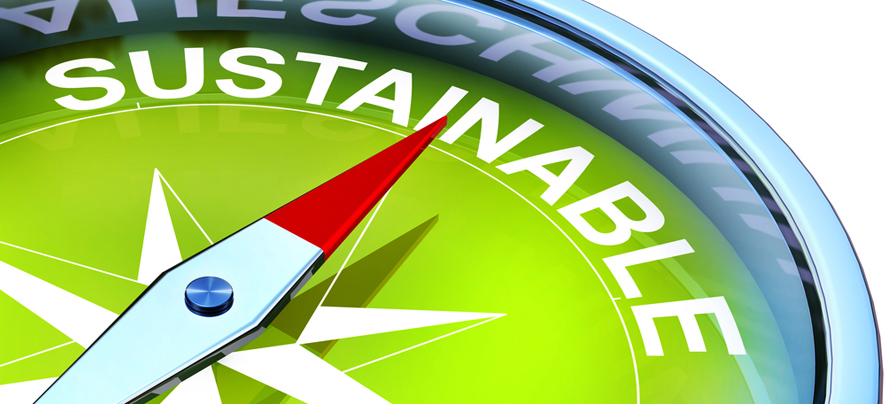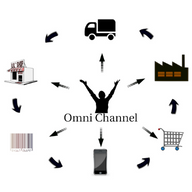Small changes, big impact

Retail
438 week ago — 5 min read
Through project Green Retail, the European Union (Switch Asia) has been helping some retailers in India incorporate sustainable practices in their operations and strategies since 2013 with a view to maximise profits, mitigate risks while managing environmental impact. Retailers participating in the pilot project have reported significant savings in energy, reduction in waste and improvement in awareness of the store teams on key sustainability issues. Recently, the project team extended the activities to the food and beverage supply chain of retailers.
Introducing ECO Sense
The project team will work with small and medium enterprises (SME) that are supply chain partners of food and beverage retailers. A programme has been specifically developed for that purpose. Titled ECO Sense Programme, the programme aims to support SMEs through awareness generation, gap assessment and implementing improvements using the project team’s technical expertise, especially that of Stenum Asia and AREC.
The key assessment areas with a focus on environmental and business sustainability for the SMEs are:
1. Energy management
2. Water management
3. Material use management
4. Technology and processes
5. Output
Moving on to implementation
Gap assessments conducted on a pilot basis for a few food processing SMEs in Mumbai helped them identify where they stand on their journey towards sustainability. The assessment was aimed at comparing their current operational practices against best in class practices on the five assessment areas mentioned above. It provided the SMEs a simple scoring on each of the assessment areas.
With this, the SME owners obtained an understanding of their strengths and weaknesses. Furthermore, the SME management could prioritise their improvement actions on the basis of this score.
Following the score, the SMEs were provided with specific recommendations in order to make their operational practices more sustainable. Applying the principles of Sustainable Consumption and Production (SCP) and principles of Resource Efficient Cleaner Production (RECP) the assessment team identified improvement opportunities. The emphasis was on improving the existing processes rather than to make major changes in technologies or production processes. This is particularly important for SMEs as they have limited capital to deploy and seek faster payback of invested money. Each recommendation for improvement for an SME was customized to that particular SME and saving potential (both in terms of money and in terms of natural resource saved) was estimated where relevant data was available. Most recommendations involved minor changes that do not cost much money, and pay back within three to six months.
The specific recommendations for each SME were incorporated in a report that was handed over and then explained in detail to the beneficiary. Based on areas of interest and own priorities, each SME selected a few recommendations for immediate implementation. The Green Retail team provided technical support to the SMEs during the implementation, as and when needed, while the SME invested their own time, effort and in very few cases some money, to implement the recommendations.
Measurable impact
While this process of implementing recommendations will carry on for some more time, a short review in March 2016 shows that the SMEs are benefiting from the Gap Assessment. They reported reduced energy demand, reduced packaging material purchase and reduced waste generation while maintaining their product quality and output levels.
Some of impact changes that the SMEs reported include:
- Reduction in energy bills for the same production capacity
- Reduction in consumption of edible oil due to less oil spillages
- Improved electrical safety as hot circuits are identified early and repaired
- Improved efficiency of thermal systems due to repair of furnaces
- Increase in production by 10 kg/day for the same energy consumption
- Decrease in CO2 emissions
- Improved insulation, drop in compressor pressure / leaks
Most of the improvements were carried out in the areas of heat insulation, lighting, identifying and reducing compressed air leaks and improving air quality in the shop floor of the SME. Put together, it has resulted in better motivational levels of the SME teams.
Article source: STOrai Magazine
Disclaimer: The views and opinions expressed in this article are those of the author and do not necessarily reflect the views, official policy or position of GlobalLinker.
View STOrai 's profile
Most read this week













Comments
Please login or Register to join the discussion